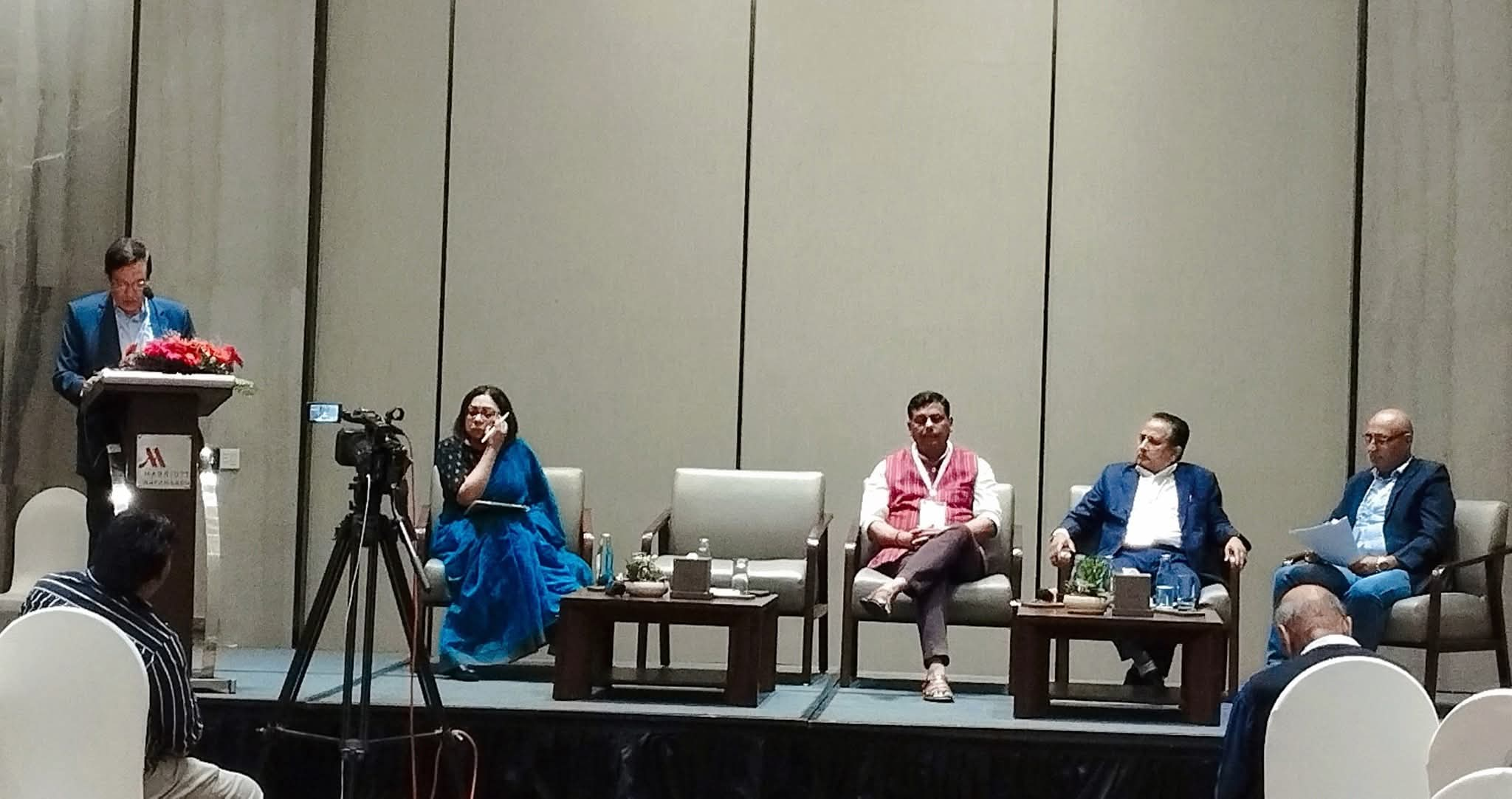Kathmandu, June 12 - Nepal and India are poised for a transformative era of shared prosperity, leveraging mutual partnerships and connectivity across diverse sectors. This vision was articulated by Nepal’s Foreign Minister, Dr. Arzu Rana Deuba, during the Nepal-India Strategic Dialogue held in Kathmandu.
Minister Rana highlighted that enhanced trade, transit, and investment are crucial to fostering economic partnerships between the two nations. She called for accelerating efforts to build robust connectivity infrastructure, emphasizing, “I envision a future where Nepali farmers’ agricultural products reach Indian markets within hours and Indian tourists seamlessly access Nepal’s destinations the same day. Such proximity should lay the groundwork for mutual economic growth.”
The minister underscored the civilizational ties between the two neighbors, built upon shared values, culture, and historical interconnectedness. She remarked that deepening public contact, cooperative efforts, and infrastructural connectivity will chart a path toward a shared prosperous future.
Advancing Regional Connectivity
Dr. Rana advocated for investments in roadways, railways, waterways, airways, and digital infrastructure to create a seamless connectivity network between Nepal and India. She elaborated that such networks would not only integrate the region into global supply chains but also elevate transit trade and strengthen border economies, directly benefiting the citizens of both nations.
The global economic landscape’s transition to knowledge-based industries further emphasizes the need for collaborative efforts in digital economies, technological innovation, modern education, and skill development. Minister Rana urged both nations to prioritize these areas to ensure sustainable development.
Energy Sector as a Catalyst for Cooperation
Dr. Rana lauded the energy sector as a testament to the growing collaboration between Nepal and India. Nepal’s hydropower potential stands as a pivotal asset for clean, renewable energy. India’s commitment to importing 10,000 megawatts of electricity from Nepal over the next decade signifies a major leap in bilateral energy cooperation.
She also highlighted advancements in cross-border power trade, transmission interconnections, and grid connectivity as critical milestones that underscore the strength of Nepal-India relations.
Fostering Innovation and Youth Empowerment
Recognizing India’s technological prowess and Nepal’s dynamic, tech-savvy youth population, Dr. Rana called for the establishment of joint technology hubs, startups, and digital innovation platforms. “We must empower our youth to collaborate, innovate, and lead the way toward a digitally-driven future,” she added.
Collaboration in Global Challenges
As the world faces unprecedented challenges such as climate change, rapid technological transformations, and shifting geopolitical dynamics, Minister Rana emphasized the importance of joint Nepal-India initiatives to tackle these shared concerns.
She expressed gratitude for India’s support in the inaugural Sagarmatha Dialogue, noting that platforms fostering dialogue and partnership are instrumental in strengthening bilateral ties.
A New Era of Partnership
Nepal envisions a future grounded in peace, stability, and prosperity, Minister Rana affirmed. With strong partnerships between neighbors, platforms like the Nepal-India Strategic Dialogue serve as vital avenues for fostering mutual understanding, facilitating people-to-people connections, and advancing shared goals.
As Nepal and India deepen their collaboration, this joint journey toward connectivity and shared growth offers a promising blueprint for regional and global development.